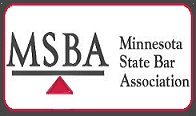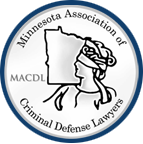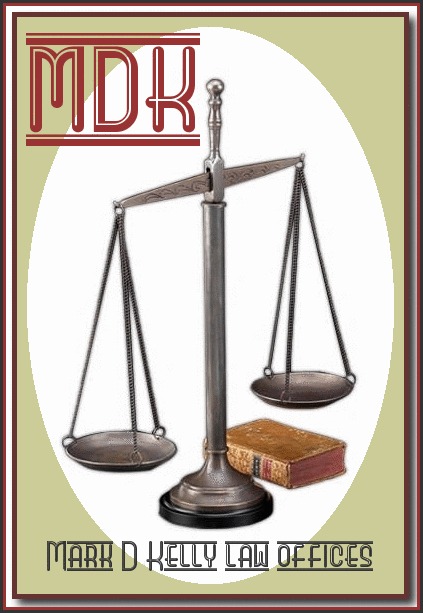MARK D. KELLY CRIMINAL DEFENSE LLC
Minnesota Attorney with 30 Years of Experience
 | ||||
DRUG CHARGES:
What kind of drug charges could I be facing?
The three main types of drug charges someone could
face are as follows:
- Drug trafficking (delivery), including possession
with intent to deliver, and/or conspiracy to deliver,
heroin, powder cocaine, or other drugs, Drug
manufacturing, including cultivating or growing
marijuana, operating a methamphetamine lab
(meth lab), or producing other illegal substances.
- Possession of drug paraphernalia or narcotic
paraphernalia is usually illegal under local
ordinances. Drug or narcotic paraphernalia includes
any device used for the manufacture, storage, or
use of a controlled substance. This can include
pipes and even cigarette rolling papers. Click here for
more information on drug possession charges.
- Prescription Fraud, such as the forging or
altering of prescription pads to obtain the drugs, is
illegal. So is the possession of Analogue Drugs, which
are substances that give the user the same side-effects
of a particular drug but that are usually not regulated.
What is a Drug Forfeiture?
It is also possible for the police and the prosecutor to file a separate forfeiture action. This is not a part of your criminal charges. Instead, it is a civil action in which the government is attempting to keep property or money they have taken from you. In some instances, a forfeiture action is actually used to gain title to your real estate.
The basis of the civil action is their belief that your property (home, car, guns, electronics, cash, etc.) was purchased with drug proceeds or has been used in some way to advance the drug trade. When the police seize your property, they are required to serve a forfeiture notice. Our attorneys often object to the forfeitures but doing so requires very prompt action and the posting of a forfeiture bond. Typically, your failure to quickly and properly challenge a forfeiture waives your right to object. If that occurs, your property is considered to be forfeited to the government. A criminal defense lawyer can assist you with a civil forfeiture action separately or in addition to any criminal representation.
If You Have Been Charged with a Drug Crime, contact Minnesota Criminal Defense Attorney Mark D. Kelly at 651-253-9095:
Drug charges have severe consequences, including significant fines, forfeiture of property, and incarceration. As with many other serious crimes, if you are under investigation or arrest on a state or federal drug charge, do NOT volunteer any information to the police other than your identifying information (name, address, and phone number). Tell the police you wish to remain silent. Tell the police that do not want to talk to them without first consulting your attorney. Don’t give permission to search.
Even if you are stopped in your car, and police officers find drugs or other drug paraphernalia in the vehicle, do not say anything about their findings. Never voluntarily consent to the cops searching you, your car, or your home. Remain polite, but insist on speaking to your attorney immediately. And of course, never, ever resist arrest, obstruct a police officer or run from the police. Doing so can add additional charges and make your situation even more difficult.
No matter the charge, a good drug offense attorney can be the most important factor in making sure you are given the best opportunity for due process of law and are negotiated the best outcome for yourself.






